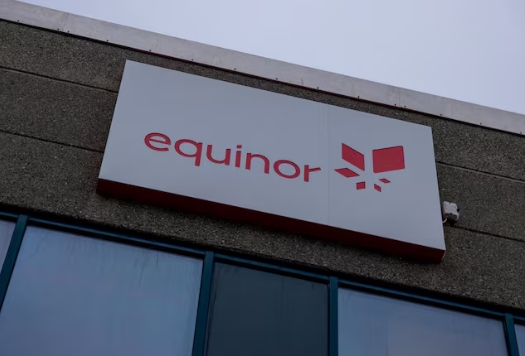
The logo of Equinor is set up at the entrance of a building at Western Europe's largest liquefied natural gas plant Hammerfest LNG in Hammerfest, Norway, March 14, 2024.
CEO Anders Opedal stated: “By combining our renewable portfolio with our flexible power offering, we can strengthen our competitiveness and value creation in the power market.” The company is leveraging its existing strengths to adapt to evolving energy needs. Equinor highlighted its three major offshore wind projects in Britain, the United States, and Poland, alongside a rising portfolio of onshore renewable assets.
The integration addresses the challenges of renewable energy’s variability. While wind and solar account for roughly a third of Europe’s energy mix, their intermittent output requires storage and backup solutions to ensure a steady supply. Equinor noted in its statement: “While the demand for electricity from renewable power will continue to grow, flexible power will ensure reliability and stability in the power offering to the market.” This approach aims to balance renewable growth with consistent electricity delivery.
The decision aligns with global trends, as outlined in a Thursday report from the International Energy Agency. The agency projects that electricity use by data centers worldwide could reach about 945 terawatt hours by 2030 under a baseline scenario, reflecting the increasing energy demands of technology-driven sectors. Equinor’s combined strategy positions it to meet such needs effectively.
Earlier in 2025, Equinor adjusted its energy transition goals, stepping back from a commitment to allocate over 50% of its gross capital expenditure to renewables and low-carbon solutions by 2030. This change, prompted by industry challenges, reflects a pragmatic approach to balancing its core oil and gas revenue with investments in cleaner energy. The new plan integrates renewables with flexible power assets to optimize market performance.
Equinor’s efforts focus on enhancing its role in the electricity sector while supporting the broader shift to sustainable energy. By merging its wind, solar, gas-to-power, and storage capabilities, the company aims to deliver reliable power and create value in a competitive market. This move underscores its adaptation to rising consumption and the need for stable, renewable-backed electricity solutions across its operational regions.